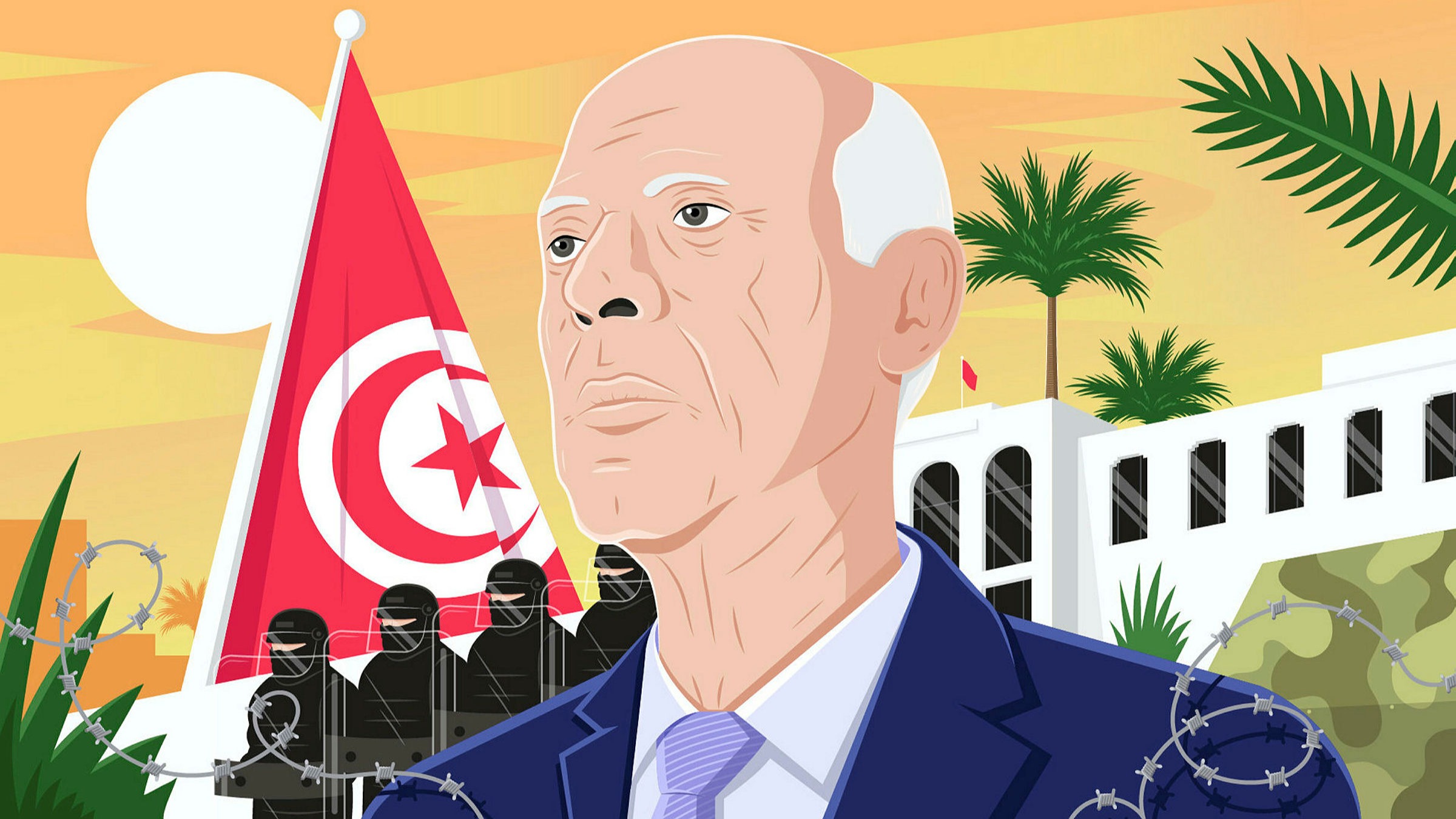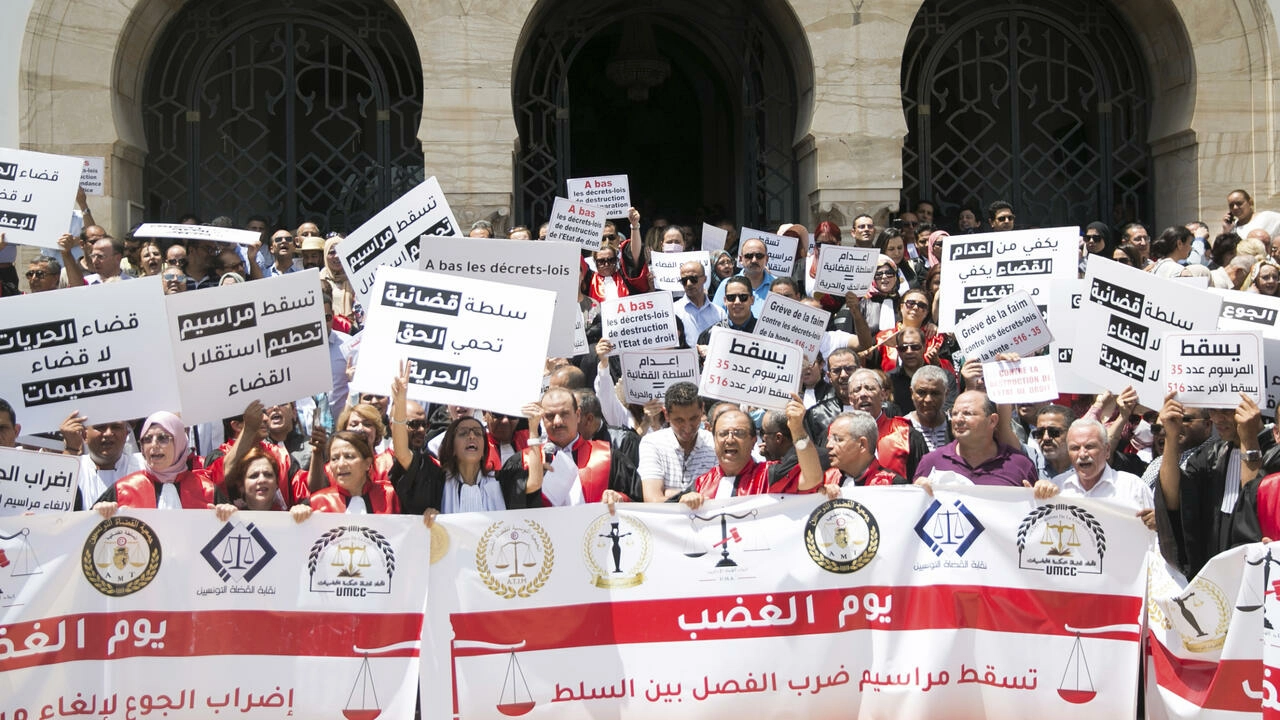Cash-strapped Tunisia continues to face headwinds in its quest to obtain a lifeline $1.9 billion credit from the IMF whose conditions are now openly rejected by authoritarian president Kais Saied.
Saied was outspoken in rejecting the IMF conditions for Tunisia to cut subsidies in order to improve public finances.
Saied’s statement adds to the fierce opposition by labor unions of the conditionalities involving the structural adjustments relating to the reform of the subsidies system.
The President insinuated that cutting subsidies would lead to unrest, preferring short-term stability over the long-term stability that sound public finances may provide.
Without the IMF deal, no other international financial institution, multilateral banks or major donors would venture to offer Tunisia loans. The IMF acts as a sort of central bank for lenders worldwide.
Western leaders are already warning of Tunisia’s economic collapse. EU foreign policy chief Joseph Borrel said Tunisia risks collapse “economically or socially” that could trigger a new flow of migrants to Europe.
US Secretary of State Antony Blinken urged Tunisia to speed up efforts in order to reach a deal with the International Monetary Fund that would spare it economic havoc.
Tunisia’s dysfunctional finances are already manifested in daily life hurdles for citizens, including long queues due to shortages of basic goods, including foodstuff such as coffee, butter and sugar.
Earlier this month, Fitch Rating rated Tunisia ‘CCC+’, warning that “default is a real possibility.”
As the economic and financial outlook darkens, the Tunisian president seeks scapegoats sending scores of critics including Islamist and secular politicians to prison.
His diatribe against Sub-Saharans sent shockwaves across the continent as African countries ask their nationals to leave the country, while the World Bank said it will pause its partnership with Tunis.



